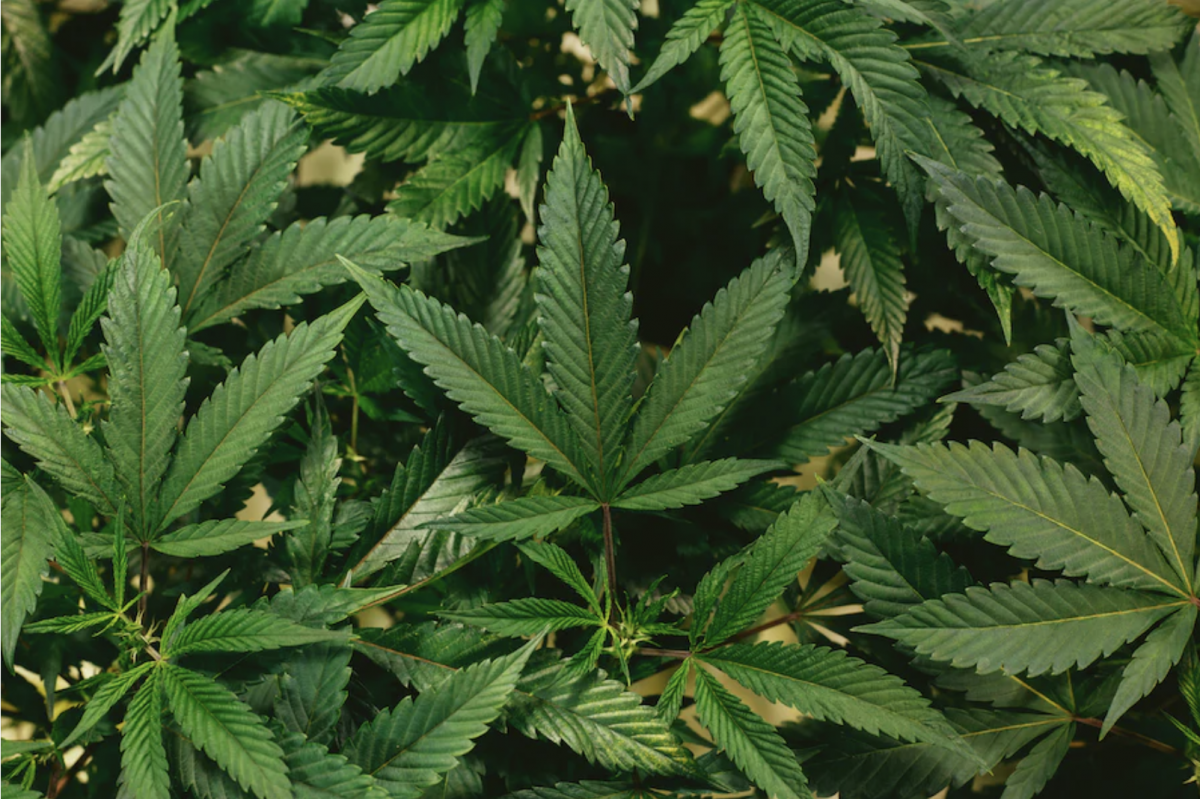Last year, President Joe Biden promised to reevaluate cannabis’ placement on Schedule I. On Thursday, two frustrated Congressmen wanted to know what is taking so long.
Schedule I is the federal government’s classification for some of the worst drugs like meth and heroin. These drugs are highly addictive and have no medical use, according to the government.
Biden promised cannabis reform in a statement in October. It outlined three steps his adminstration would take to end what he called the government’s “failed approach” on cannabis so far.
With a stroke of a pen, he pardoned all federal offenses of simple possession and urged governors to do the same. (Tennessee Governor Bill Lee did not even consider making these pardons here.) Biden’s third step was to ask the Secretary of Health and Human Services (HHS) and the U.S. Attorney General to “expeditiously” review how cannabis is scheduled under federal law.
“Federal law currently classifies marijuana in Schedule I of the Controlled Substances Act, the classification meant for the most dangerous substances,” Biden wrote in the statement. “This is the same schedule as for heroin and LSD, and even higher than the classification of fentanyl and methamphetamine — the drugs that are driving our overdose epidemic.”
No word has yet emerged from the adminstration on the re-classification of cannabis. On Thursday, U.S. Rep. Steve Cohen and U.S. Rep. Matt Gaetz grilled Drug Enforcement Agency (DEA) Administrator Anne Milgram for details during a meeting of the House Judiciary Crime and Federal Government Surveillance Subcommittee. They got very few.
Milgram said her agency cannot move on the matter without word from HHS. She said DEA has not heard anything and had not even heard of a timeline for when HHS might send word.
“Well, that’s unsettling, isn’t it?” Gaetz asked Milgram. “When you don’t even know a timeline, it doesn’t really make it seem like something’s front of mind.”
Gaetz asked Milgram to encourage HHS for a timeline on the re-classification of cannabis and she agreed she would.
Should HHS recommend removing cannabis from Schedule I, that would trigger a DEA review. That review could be lengthy. The agency considers eight factors in the process, including potential for abuse, public health risks, dependency risks, and more. From there, the DEA would also allow for a public comment period on re-classifiying cannabis. Then, a decision would be made.
The unknown length of this process could push a decision past next year’s presidential election and that could send removing cannabis from the Schedule I back to the drawing board.
Keeping cannabis on Schedule I means Tennessee won’t likely see any sort of cannabis reform. Lawmakers here have said no reforms will (or should) happen unless the drug is re-classified on the federal level. The law that created the Tennessee Medical Cannabis Commission, for example, is predicated on this fact. That means, Tennesseans should not expect medical cannabis — or any other kind — until the drug is moved on the federal level.
Cohen, a longtime advocate for cannabis reform, was clearly frustrated by the delay Thursday.
“I’ve been here 17 years … and I’ve seen DEA heads, I’ve seen [Federal Bureau of Investigation] directors, I’ve seen attorney[s] general, exactly where you’re sitting and say governmental gibberish about marijuana. They’ve done nothing for 17 years, and for years before that. It goes back to the [1930s].
“The government has messed this up forever and you need to get ahead of the railroad. You’re going to get something from HHS. Biden understands [cannabis] should be reclassified. He said from [Schedule I to Schedule III] and it should be classified from [Schedule I] to 420. We ought to just clean it up and get over with it.”

